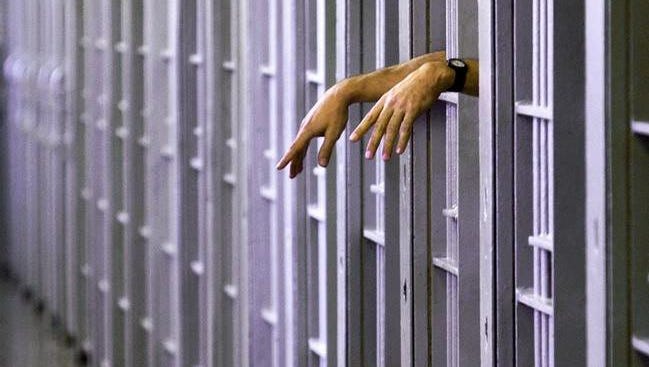
Looking around the world today, there are countless examples of the systemic devaluation and dehumanization of society’s most vulnerable populations. In the United States, there is arguably no more vulnerable of a population than individuals who are impacted by the criminal legal system through incarceration.
Incarceration should not permit those who run prison facilities to strip away the rights, privileges, autonomy, care, and certainly the humanity, of individuals who have been convicted of a crime. Committing a crime should not mean individuals must be subjected to unreasonably harsh “time.”
The 13th Amendment claims to abolish slavery, “…except as a punishment for crime whereof the party shall have been duly convicted…” In the almost two centuries since the most brutal and inhumane form of slavery in recorded history, which also classified captive Africans as three-fifths of a human being, those in leadership have managed to keep aspects of the practice of slavery alive through the carceral system.
In fact, research published in the Social Science Review shows empirically that “a criminal charge in a county with high levels of slavery in 1860 increases the likelihood of pretrial detention, the probability of a sentence of incarceration, and the length of incarceration sentences.”
In many prisons, solitary confinement and restrictive housing have been used as a means to enhance the brutality of punishment, further stripping away the rights of those incarcerated. Even worse, this practice of solitary confinement is disproportionately applied to Black individuals.
According to one study, Black people accounted for 54.7% of the Illinois prison population, and 73.5% of the Illinois solitary confinement population. In contrast, white people accounted for 31% of the Illinois prison population and only 13.4% of the Illinois solitary confinement population. The inhumane practice of solitary confinement is seen as torture under international human rights law.
While some argue erroneously that solitary confinement improves facility safety, modern science tells us otherwise. In fact, current studies show that solitary practices make prisons less safe.
In Illinois, several studies reveal solitary confinement practices are disproportionately applied to Black Illinoisians, can drive previously healthy people to mental illness, increases the risk of suicide, and costs taxpayers more money while simultaneously exacerbating violence inside prison facilities.
Such conditions have long been considered a form of torture by other developed nations, the United Nations, and leading medical and mental health experts. Imagine being locked up inside a bathroom the size of a parking spot without human interaction. Yet, in Illinois, people who are incarcerated can be held in such conditions for months, years, or even decades.
Several states like Illinois are becoming increasingly willing to reverse course on the blind use of this failed and dehumanizing practice.
The Illinois General Assembly is considering the Nelson Mandela Act (HB 4828), which would restrict solitary confinement by prohibiting prisons from holding individuals in solitary for more than 20 hours a day for more than 10 days.
While this bill does not end solitary confinement completely, it does limit its use and protects those placed in isolation or restrictive housing. Illinois must join other states who have already passed similar legislation.
Whether it is labeled—solitary confinement, disciplinary segregation, investigative status, room restriction, or administrative detention—extensive research shows the practice of subjecting individuals to extreme isolation causes pain, suffering, and psychological trauma lasting for years beyond the individual’s sentence.
The negative repercussions can persist well after release and most people who are incarcerated are coming home to our communities. How we treat people when they are incarcerated impacts all of us. It is indisputable that we have a human rights crisis in our prisons.
It is time for Illinois to adhere to the standards laid out by the United Nations by passing HB 4828.
Chris Bridges is the Coordinator for Strategic Partnerships and Community Engagement at Chicago Lawyers’ Committee for Civil Rights, an organization working to secure racial equity and economic opportunity for all. Bridges works closely with community-based organizations across Chicago and brings his extensive expertise in challenging implicit bias in both civil and criminal legal systems, while working on school-to-prison pipeline issues, small business and non-profit entrepreneurship, and carceral system reforms.
This post was originally published on this site be sure to check out more of their content.








